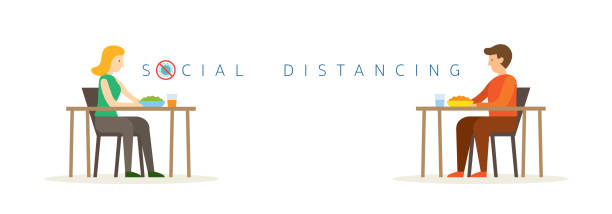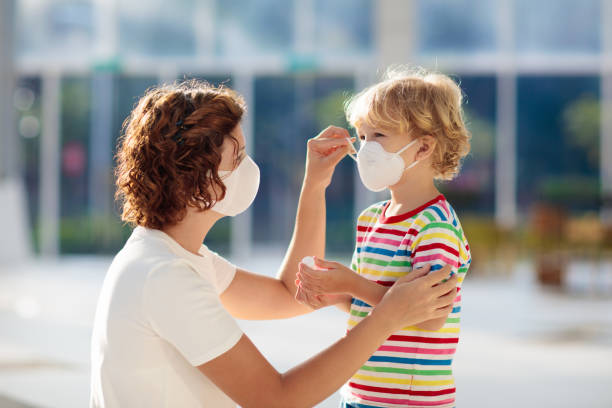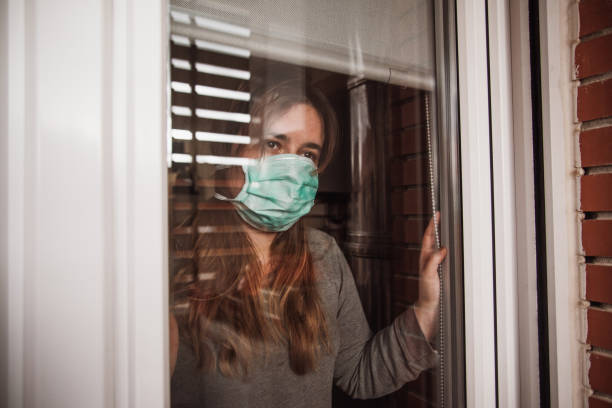Coronavirus Wiki
The Coronavirus Wiki aims to provide comprehensive and up-to-date information about coronaviruses, a family of viruses that have garnered worldwide attention due to their impact on public health, economies, and daily life. This wiki is a valuable resource for individuals seeking knowledge about various aspects of coronaviruses, including their origins, transmission, prevention, symptoms, and ongoing research efforts to combat these viruses.
Table of Contents:
Coronaviruses are a group of enveloped viruses known for their distinctive crown-like spikes under electron microscopy. They were first identified in the 1960s and have been associated with a range of illnesses in humans and animals. The most recent and notable outbreak caused by a coronavirus is the COVID-19 pandemic, caused by the novel coronavirus SARS-CoV-2.
The COVID-19 pandemic, which began in late 2019, led to a global health crisis of unprecedented proportions. The virus is believed to have originated in bats and potentially jumped to humans through an intermediate animal host, possibly a seafood market in Wuhan, China. The rapid spread of the virus across borders emphasized the importance of international collaboration and timely response to such outbreaks.
Coronaviruses are primarily transmitted through respiratory droplets when an infected person coughs, sneezes, or talks. Close contact with infected individuals or touching surfaces contaminated with the virus can also lead to transmission. Prevention measures include wearing masks, practicing good hand hygiene, maintaining physical distance, and getting vaccinated. Vaccines have played a critical role in controlling the spread of COVID-19 and reducing the severity of illness.
COVID-19 symptoms range from mild to severe and may include fever, cough, shortness of breath, fatigue, loss of taste or smell, and muscle aches. In severe cases, the virus can lead to pneumonia, acute respiratory distress syndrome (ARDS), and even death, particularly in older adults and those with underlying health conditions.
Governments, international organizations, and research institutions worldwide have mobilized to address the challenges posed by the COVID-19 pandemic. Efforts include developing diagnostic tests, researching treatment options, and studying the immune response to the virus. Collaboration between scientists, sharing of data, and expedited clinical trials have been pivotal in accelerating the understanding of the virus and its effects.
The rapid development of COVID-19 vaccines marked a significant scientific achievement. Multiple vaccines utilizing different technologies, such as mRNA and viral vector platforms, were developed and authorized for emergency use to immunize populations against the virus. Vaccine distribution efforts have been underway globally, with an emphasis on equitable access for all countries.
Coronavirus variants, resulting from genetic mutations, have raised concerns about potential impacts on transmission, severity of illness, and vaccine efficacy. Ongoing surveillance and genomic sequencing are crucial for tracking variant emergence and adapting public health strategies accordingly. The unpredictable nature of viruses highlights the need for continued research and preparedness for future outbreaks.
Governments and health organizations have issued guidelines and recommendations to limit the spread of COVID-19 and protect public health. These guidelines evolve based on emerging evidence and the changing dynamics of the pandemic. It's essential for individuals to stay informed through reliable sources and adhere to the advised measures.
The pandemic's far-reaching effects extend beyond health, impacting economies, education systems, travel, and mental well-being. Lockdowns, travel restrictions, and changes in work patterns have highlighted the need for adaptable and resilient societal systems.
Given the rapidly evolving nature of the pandemic and ongoing research, staying informed through reputable sources is vital. The Coronavirus Wiki serves as a hub for accurate and updated information, aiding individuals, researchers, and policymakers in understanding and responding effectively to the challenges posed by coronaviruses.
In conclusion, the Coronavirus Wiki is a comprehensive resource that delves into various facets of coronaviruses, particularly focusing on the COVID-19 pandemic. From origins and transmission to prevention, vaccine development, and future challenges, this wiki provides valuable insights for those seeking to understand, address, and navigate the complexities of coronaviruses in today's world. By disseminating reliable information, the wiki contributes to global efforts to mitigate the impact of these viruses and enhance preparedness for future public health challenges.
The Coronavirus Wiki aims to provide comprehensive and up-to-date information about coronaviruses, a family of viruses that have garnered worldwide attention due to their impact on public health, economies, and daily life. This wiki is a valuable resource for individuals seeking knowledge about various aspects of coronaviruses, including their origins, transmission, prevention, symptoms, and ongoing research efforts to combat these viruses.
Table of Contents:
- Introduction to Coronaviruses
Coronaviruses are a group of enveloped viruses known for their distinctive crown-like spikes under electron microscopy. They were first identified in the 1960s and have been associated with a range of illnesses in humans and animals. The most recent and notable outbreak caused by a coronavirus is the COVID-19 pandemic, caused by the novel coronavirus SARS-CoV-2.
- COVID-19: Origins and Spread
The COVID-19 pandemic, which began in late 2019, led to a global health crisis of unprecedented proportions. The virus is believed to have originated in bats and potentially jumped to humans through an intermediate animal host, possibly a seafood market in Wuhan, China. The rapid spread of the virus across borders emphasized the importance of international collaboration and timely response to such outbreaks.
- Transmission and Prevention
Coronaviruses are primarily transmitted through respiratory droplets when an infected person coughs, sneezes, or talks. Close contact with infected individuals or touching surfaces contaminated with the virus can also lead to transmission. Prevention measures include wearing masks, practicing good hand hygiene, maintaining physical distance, and getting vaccinated. Vaccines have played a critical role in controlling the spread of COVID-19 and reducing the severity of illness.
- Symptoms and Clinical Presentation
COVID-19 symptoms range from mild to severe and may include fever, cough, shortness of breath, fatigue, loss of taste or smell, and muscle aches. In severe cases, the virus can lead to pneumonia, acute respiratory distress syndrome (ARDS), and even death, particularly in older adults and those with underlying health conditions.
- Global Response and Research
Governments, international organizations, and research institutions worldwide have mobilized to address the challenges posed by the COVID-19 pandemic. Efforts include developing diagnostic tests, researching treatment options, and studying the immune response to the virus. Collaboration between scientists, sharing of data, and expedited clinical trials have been pivotal in accelerating the understanding of the virus and its effects.
- Vaccine Development and Distribution
The rapid development of COVID-19 vaccines marked a significant scientific achievement. Multiple vaccines utilizing different technologies, such as mRNA and viral vector platforms, were developed and authorized for emergency use to immunize populations against the virus. Vaccine distribution efforts have been underway globally, with an emphasis on equitable access for all countries.
- Variants and Future Challenges
Coronavirus variants, resulting from genetic mutations, have raised concerns about potential impacts on transmission, severity of illness, and vaccine efficacy. Ongoing surveillance and genomic sequencing are crucial for tracking variant emergence and adapting public health strategies accordingly. The unpredictable nature of viruses highlights the need for continued research and preparedness for future outbreaks.
- Public Health Guidelines
Governments and health organizations have issued guidelines and recommendations to limit the spread of COVID-19 and protect public health. These guidelines evolve based on emerging evidence and the changing dynamics of the pandemic. It's essential for individuals to stay informed through reliable sources and adhere to the advised measures.
- Social and Economic Impacts
The pandemic's far-reaching effects extend beyond health, impacting economies, education systems, travel, and mental well-being. Lockdowns, travel restrictions, and changes in work patterns have highlighted the need for adaptable and resilient societal systems.
- Staying Informed
Given the rapidly evolving nature of the pandemic and ongoing research, staying informed through reputable sources is vital. The Coronavirus Wiki serves as a hub for accurate and updated information, aiding individuals, researchers, and policymakers in understanding and responding effectively to the challenges posed by coronaviruses.
In conclusion, the Coronavirus Wiki is a comprehensive resource that delves into various facets of coronaviruses, particularly focusing on the COVID-19 pandemic. From origins and transmission to prevention, vaccine development, and future challenges, this wiki provides valuable insights for those seeking to understand, address, and navigate the complexities of coronaviruses in today's world. By disseminating reliable information, the wiki contributes to global efforts to mitigate the impact of these viruses and enhance preparedness for future public health challenges.




